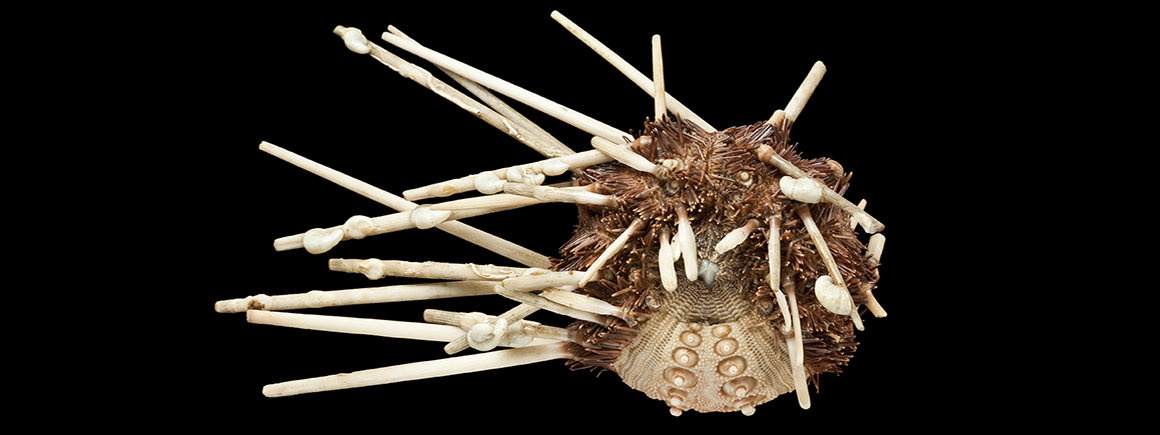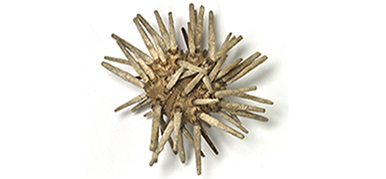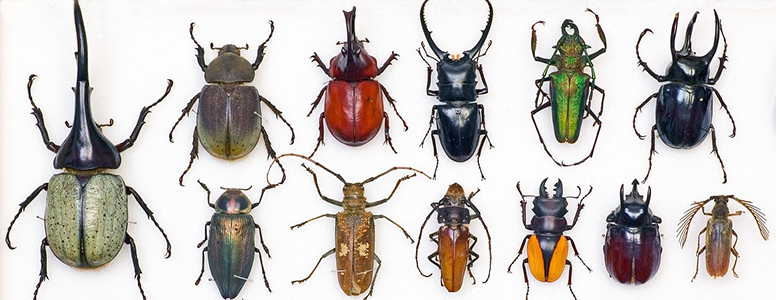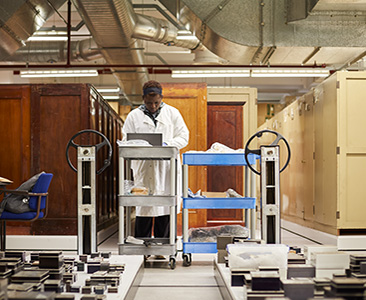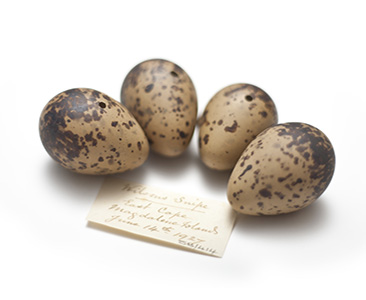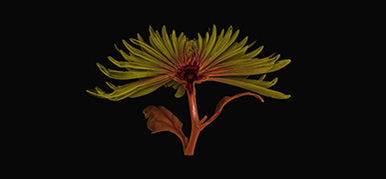Specimens
- Echinodermata:
- Asteroidea: 31,000 (wet, dry)
- Crinoidea: 9,500 (wet, dry)
- Echinoidea: 24,500 (wet dry)
- slides: 2,500
- Holothuroidea: 25,000 (wet, slides)
- Ophiuroidea: 170,000 (wet, dry)
- Urochordata: 35,000 (wet), 1,600 (slides)
- Cephalochordata: 7,500 (wet), 85 (slides)
- Hemichordata: 10,000 (wet), 1,450 (slides)
